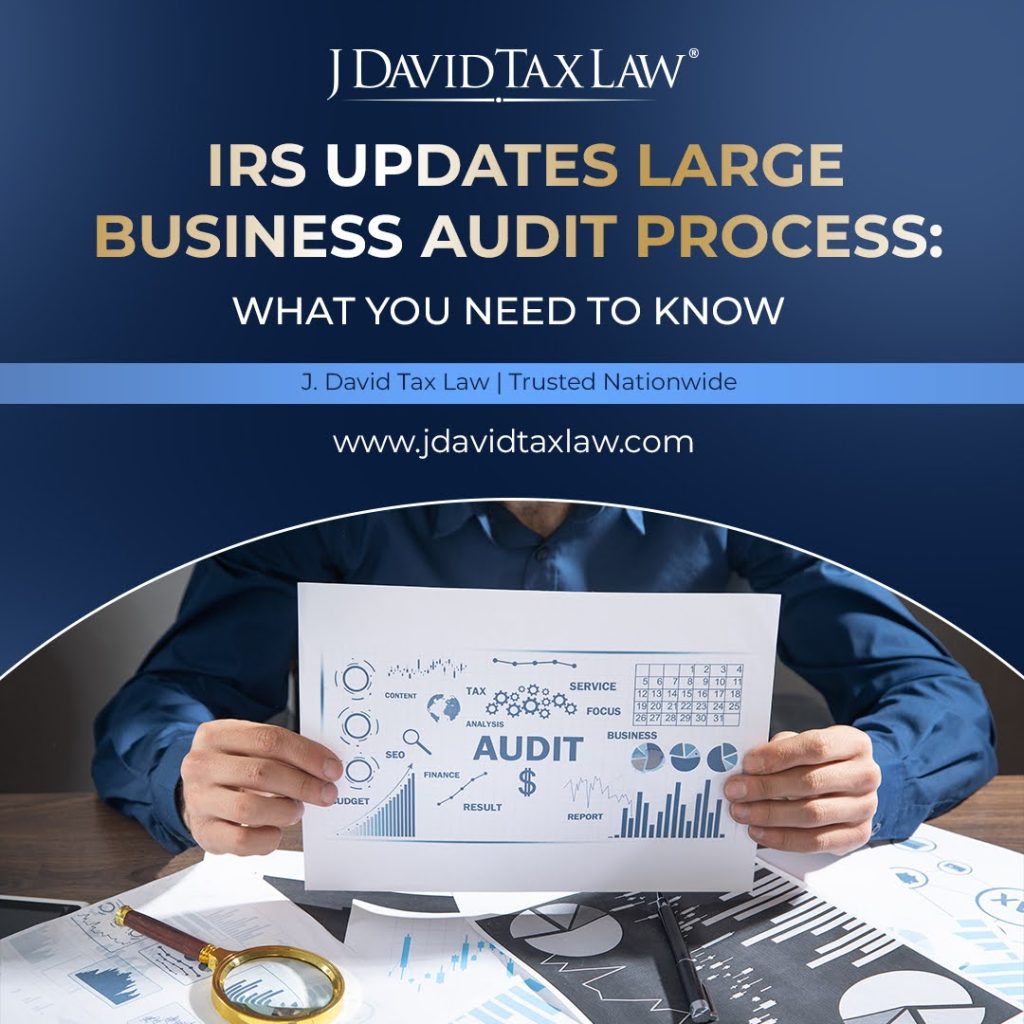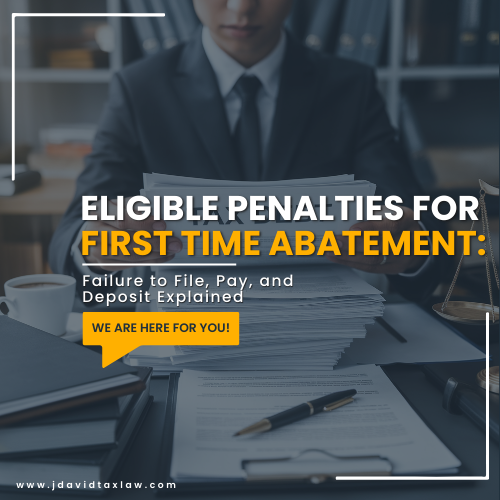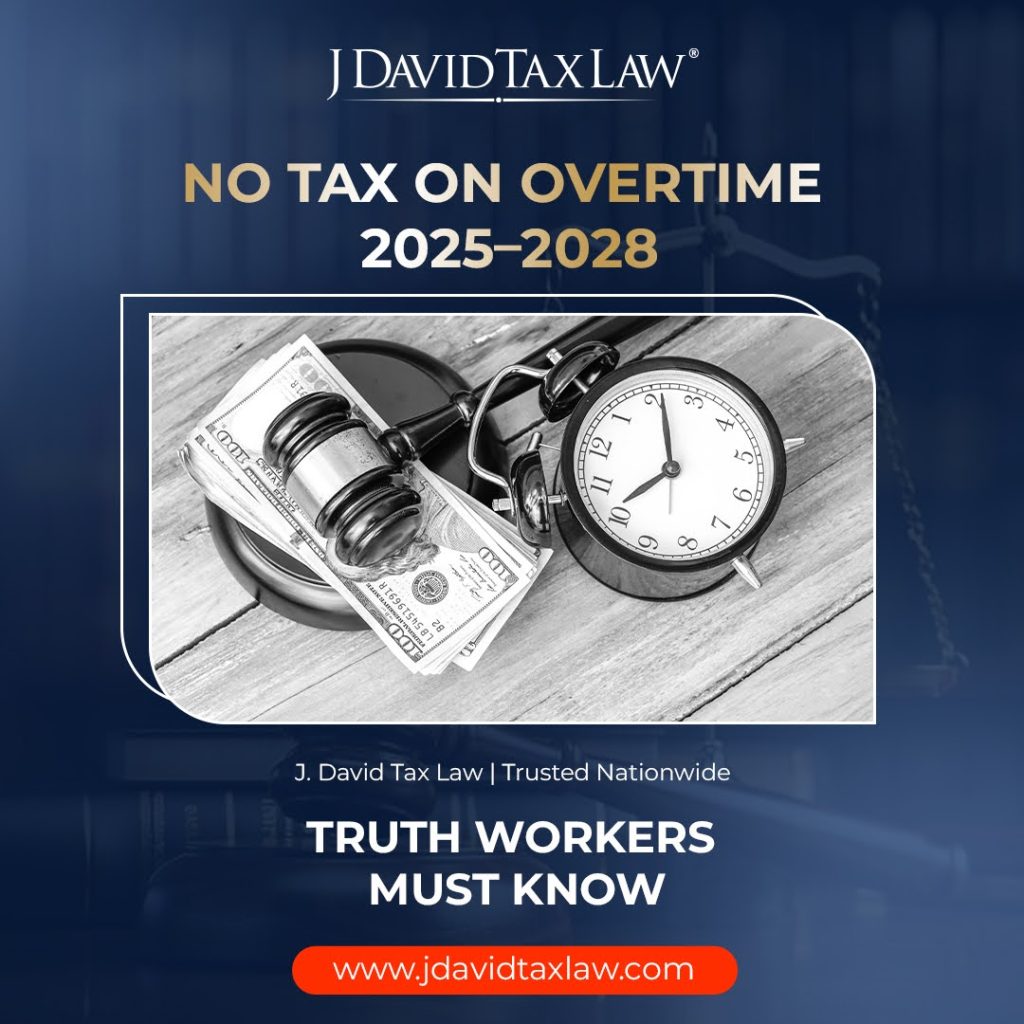Receiving a tax debt notice can be a startling and stressful experience. It often brings an area of concern, from potential financial strain to the fear of consequences imposed by the IRS. Such notices serve as official notifications from the tax authority that you owe a certain amount of money. If not addressed promptly, it can lead to additional penalties, interest, or even more severe legal actions.
Understanding the urgency and gravity of the notice is crucial. However, it’s equally important to know that there are efficient ways to handle it. Some strategies can help you resolve a tax debt notice quickly, often in just a matter of minutes. Addressing this issue as soon as possible is essential. It will not only mitigate the immediate impact of tax problems but also prevent future complications.
Understanding Your Tax Debt Notice
A tax debt notice is a formal communication sent by the IRS. It informs an individual or business that there are outstanding taxes owed. This notice is typically issued after assessments have been made.
It shows that payments previously made are less than the amount due for a specific tax period. The notice might also arise from discrepancies or tax audits that indicate underreported income or overstated deductions.
When you receive such a notice, there are several key elements to carefully examine:
Amount Owed: This is the total amount the tax authority claims you owe, including any taxes, penalties, and interest.
Deadline: Pay attention to the due date by which the amount needs to be settled or contested. Ignoring this date can result in further penalties.
Contact Information: The notice should include details on how to contact the tax authority, which is crucial for addressing any questions or concerns you might have.
Tax Year and Notice Number: These details are important for referencing the specific case when communicating with the tax authority.
Immediate Steps to Take
Upon receiving a tax debt notice, taking immediate and precise action can help mitigate any further complications:
Verifying the Accuracy of the Notice:
Review your details such as your name, address, and tax identification number to ensure there are no errors.
Cross-reference the amount owed with your own records. Check your past tax returns, payment receipts, and any correspondence with the IRS to confirm whether the amount stated is correct.
Contacting the IRS or Relevant Tax Authority:
If you find discrepancies or if anything is unclear in the notice, it’s crucial to contact the tax authority immediately. Use the contact information provided on the notice to discuss your case.
Be prepared to provide supporting documents and information to clarify or dispute any mistakes. It’s advisable to keep records of all communications with the authority for future reference.
Taking these steps promptly can help you address any issues with your tax debt notice accurately. It may also prevent the need for more drastic measures like liens or wage garnishments. Getting help from a tax professional can help you maintain compliance with the IRS.
Tax Debt Resolution Options
When it comes to resolving your tax debt, there are several options available. You need to comply first with the procedures and requirements before you can avail its benefits. Here are the four most requested repayment plans by taxpayers to settle their tax debt:
Payment in Full
The quickest way to resolve a tax debt notice is to pay the full amount owed. Most tax authorities offer online payment systems, allowing you to pay directly via your bank account or by using a credit card.
You may visit the official tax authority’s website, log in to your account, and follow the instructions to make a tax payment. Ensure you receive a confirmation for your records.
Payment Plans (Installment Agreements)
If you’re unable to pay the full amount immediately, applying for an installment agreement might be a viable option. This can be done online through the tax authority’s website. You’ll need to log into your account, provide financial details, and propose a monthly payment amount.
Your approval depends on your tax compliance history and financial situation. This payment plan option spreads the debt over a period, making it more manageable.
This option allows you to settle your tax debt for less than the full amount owed if paying the full debt would cause financial hardship. Eligibility is based on your ability to pay, income, expenses, and asset equity.
The application requires a detailed submission, including Form 656, and often a non-refundable fee. You can find the guidelines and forms on the IRS’s website. You should also avoid having late payments because they can accrue additional penalties.
Temporary Delay of Collection
If you’re experiencing financial hardship that prevents you from paying your tax debt immediately, you may request a temporary delay in the collection process. You’ll need to provide proof of your financial status, which will be reviewed by the tax authority. If approved, the collection will be delayed, but keep in mind that interest and penalties may still accrue.
Conclusion
Resolving a tax debt notice effectively requires a clear understanding of the notice itself and the options available for addressing the outstanding amount.
If the process seems overwhelming or if the tax issues are complex, do not hesitate to seek professional help from J. David Tax Law. The firm also ensures that your rights are protected throughout the process. Engaging with a tax attorney can provide guidance tailored to your specific financial situation and represent you during IRS negotiations.
Taking action today can save you from future stress and financial burden. With the right guidance and resources, resolving your tax debt can be more straightforward than you think.




















